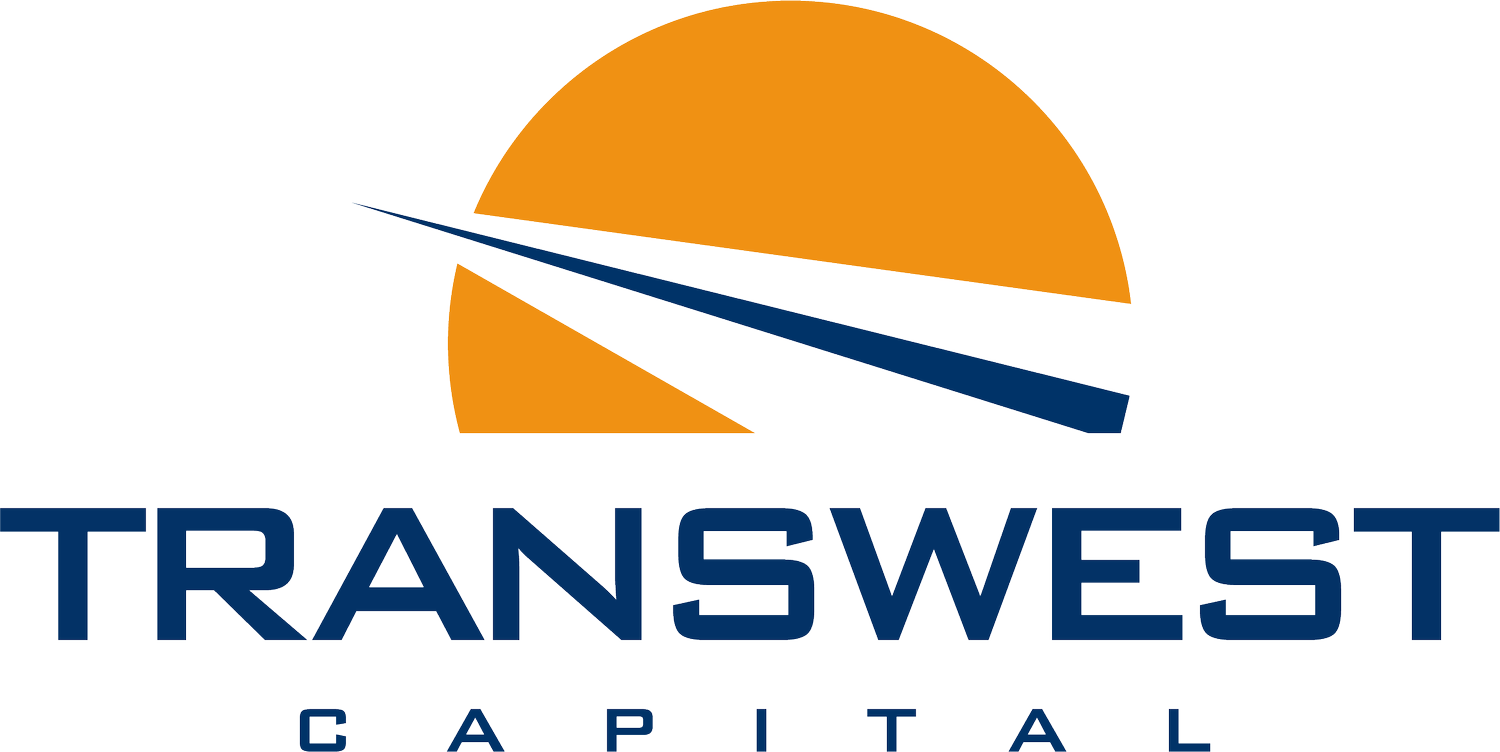
Invoice Factoring Calculator
Our simple invoice factoring calculator shows you how factoring works and how quickly you can receive payment on your unpaid invoices.
Why Use Our Invoice Factoring Calculator?
Use our invoice factoring calculator to help you make informed financial decisions. Just enter a few pieces of information to estimate the cost of factoring plus when and how much you will get paid.
Our calculator offers:
Accurate and quick calculations
User-friendly interface
Flexibility to see how different contract terms affect pricing
How to Use Our Invoice Factoring Calculator
Enter your current Accounts Receivable.
Or, if you’re only looking to factor some of your invoices, you can enter the specific amount of the invoices you’re looking to factor.Enter the Factoring Rate. Typical invoice factoring rates range anywhere from 2 - 5%.
Enter the Advance Rate. Typical advance rates range anywhere from 80 - 98%.
Get Your Custom Quote Today
“I have been using Transwest Capital since 2021 and I love them. I get my money the next day with no problem at a very satisfying rate. We still going strong and I promise you will be very pleased with their business.”
Example Calculation
Example 1: Full Advance
ABC Supply Co. has a $10,000 invoice with a factoring fee of 3% and a full advance of 97%. On Day 1, ABC Supply Co. receives $9,700.
Example 2: 80% Advance
XYZ Services LLC has a $10,000 invoice with a factoring fee of 3% and an advance rate of 80%. On Day 1, XYZ Services receives $8,000. When the invoice is paid, XYZ Services receives and additional $1,700 for a total of $9,700 received.
Questions?
Key Invoice Factoring Calculator Terms
-
Accounts Receivable
The outstanding invoices or money owed to a business by its customers for products or services that have been delivered but not yet paid for.
-
Factoring Rate
The percentage of the total invoice amount that a factoring company retains as a fee for its services.
-
Advance Rate
The percentage of an invoice amount that a factoring company is willing to provide upfront to the business.
-
Advance Amount
The monetary sum that a factoring company provides to a business immediately after the invoice is submitted.
Advance Amount = Advance Rate x Invoice Amount
-
Reserve Rate
The percentage of an invoice amount that a factoring company retains as a safeguard against potential customer non-payment or disputes.
Reserve Rate = 100% - Advance Rate
-
Reserve Amount
The monetary sum of the invoice value that a factoring company retains as a precautionary measure. The reserve amount is typically released to the business after an invoice is paid.
Reserve Amount = Reserve Rate x Invoice Amount
FAQs
-
Factoring rates are calculated based on several factors, including:
Creditworthiness of your customers: The higher the risk of non-payment, the higher the factoring rate.
Industry: Some industries are considered riskier than others, which can affect the rate.
Volume of invoices: Larger volumes may lead to lower rates.
Recourse or non-recourse factoring: Non-recourse factoring, where you are not liable for unpaid invoices, typically has higher rates. (Related: The Pros and Cons of Recourse and Non-Recourse Factoring: Make the Right Choice for Your Business)
The rates themselves can be structured in different ways:
Flat rate: A fixed percentage of the invoice value.
Tiered rate: The rate increases as the invoice ages.
Daily rate: The rate increases daily until the invoice is paid.
-
Advance rates in invoice factoring are calculated as a percentage of the total invoice value. This percentage varies depending on several factors:
Creditworthiness of your customers: The higher the risk of non-payment, the lower the advance rate.
Industry: Some industries are considered riskier than others, which can affect the advance rate.
Invoice Volume: Larger volumes may lead to higher advance rates.
Recourse or non-recourse factoring: Non-recourse factoring, where you are not liable for unpaid invoices, typically has higher advance rates.
Age of the invoice: Older invoices may have lower advance rates.
Advance rates typically range from 80% to 98% of the invoice value. In certain industries or for businesses with excellent creditworthiness, it's possible to negotiate higher advance rates, sometimes even up to a full advance.
-
Yes, there is a Direct Deposit Fee or Wire Fee, depending on how you would like your funds deposited.
Unlike some of our competitors, we do not charge any of the following types of fees:
Monthly Minimum Fees: Some factoring companies impose a minimum monthly fee that can be charged if your factoring activity doesn't meet a certain threshold.
Invoice Processing Fees: Some factoring companies charge a fee on each and every invoice processed.
Application Fees: Some factoring companies may charge an initial application fee to set up your account. This fee might not be included in the upfront discussions.
Additional Service Fees: Check if the factor charges fees for additional services, such as credit checks on your customers.
Understanding these potential fees can help you better assess the total cost of factoring services and prevent any unexpected charges from impacting your cash flow. Always ensure that you read the fine print and ask your factoring provider for detailed information about their fee structure before entering into an agreement.
-
What is Invoice Factoring?
Invoice factoring is the sale of your unpaid invoices in exchange for immediate cash. This helps improve cash flow, reduce credit risk, and provide access to immediate working capital, so that you can cover expenses and invest in growth.
-
About Transwest Capital
Transwest Capital has helped small businesses with cash flow solutions since 2007. Known for exceptional customer service, we’ve earned a 4.9 rating on Google Reviews (200+ reviews as of Q4 2024) and provided more than $2B in invoice funding.
-
Questions?
Contact us today! Our bilingual (English/Spanish) team is here to help and would love the opportunity to speak with you. You’ll never receive voicemail during business hours (Monday - Friday, 7am - 4pm PT).











